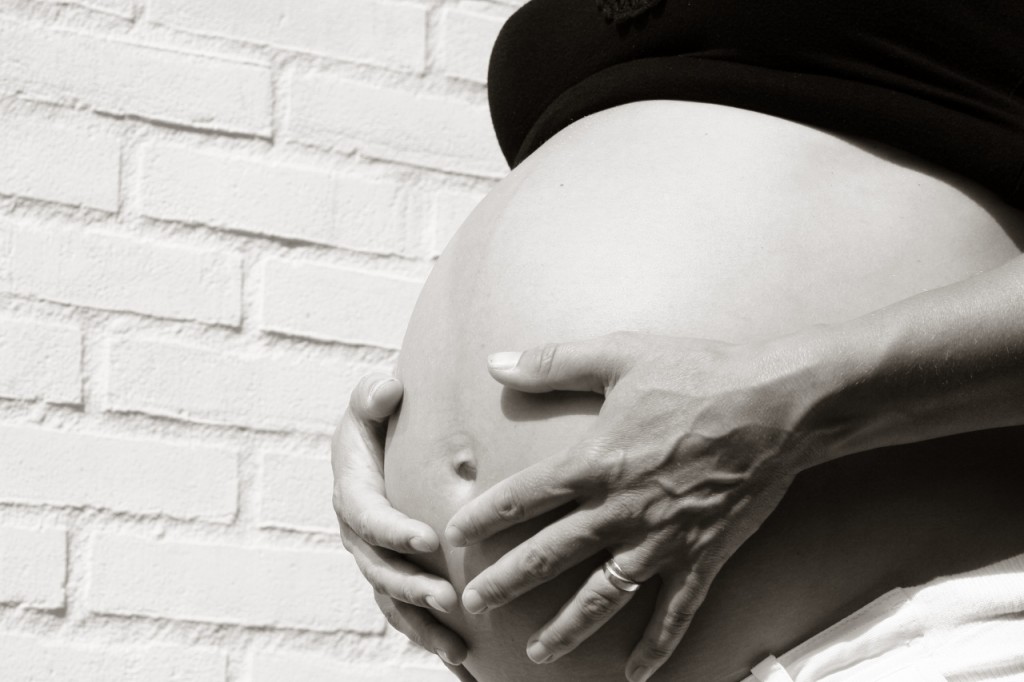 How does HIV status affect relationships between friends?  Or, to put it bluntly – should it have any affect?  HIV/AIDS has been a topic of discussion since the disease came to the forefront in the early 1980’s.  In the beginning, if one contracted the illness, it was akin to a death sentence.  Thankfully, much has changed. Treatments for the illness have improved tremendously, and our society has went from ostracizing people living with the disease to being much more accepting.
How does HIV status affect relationships between friends?  Or, to put it bluntly – should it have any affect?  HIV/AIDS has been a topic of discussion since the disease came to the forefront in the early 1980’s.  In the beginning, if one contracted the illness, it was akin to a death sentence.  Thankfully, much has changed. Treatments for the illness have improved tremendously, and our society has went from ostracizing people living with the disease to being much more accepting.
This change in attitudes is extremely positive, because too many have had to live on the outside of mainstream society in the past because they suffered from the disease.  Remember adorable Ryan White?  He became the face for HIV/AIDS across the world when he attracted the attention of singer Elton John.  The memory of his innocent face haunts me to this day.
This young man and his mother courageously fought the stigma of the disease from the time Ryan was 13, until he died at age 18. Even though Ryan had contracted the disease from a blood transfusion when very young (transfusions are safe now), people in Kokomo, Indiana treated him poorly. Â He couldn’t even attend school.
Although some fear still exists, people aren’t as afraid to associate with those infected. This is probably because treatments now exist. Â The death sentence the disease used to impose has now morphed into chronic illness. Â Years ago, young people would die relatively quickly from it, yet now AIDSMEDS.com reports that those who are treated with anti-virals live much, much longer. Â For instance, a 20 year-old who has access to health care and medications can expect to live to over 70 years old.
What does this change in societal attitudes mean for friendships? I am hopeful that it means that if you work or go to school with a person who is HIV positive, you will choose to be accepting of him or her. Â After all, casual contact between those infected and those who are not is not risky. Â Remember, HIV can only be gotten through sharing infected needles and through the exchange of bodily fluids.
Since some estimates suggest that 34 million people worldwide live with HIV/AIDS, there is a great chance that you already know someone with it even if you don’t think you do. Â In 2013, having this disease may be compared to living with multiple sclerosis or diabetes. Â People who have those illnesses do not announce their afflictions, and HIV positive people do not have to announce their status either.
Of course it’s always up to the person with HIV/AIDS whether he or she tells close friends or co-workers. Â While in some states it is mandatory to notify past sexual partners and certain family members if diagnosed, it remains a choice whether or not to tell friends.
I can’t help thinking of Ryan White. Â This change in attitudes would have surely made him happy. Â All he wanted was to go to be accepted and to have friends. Â Today, most people living with HIV/AIDS have what he wanted, and that’s a step in the right direction.











